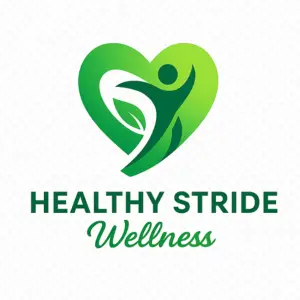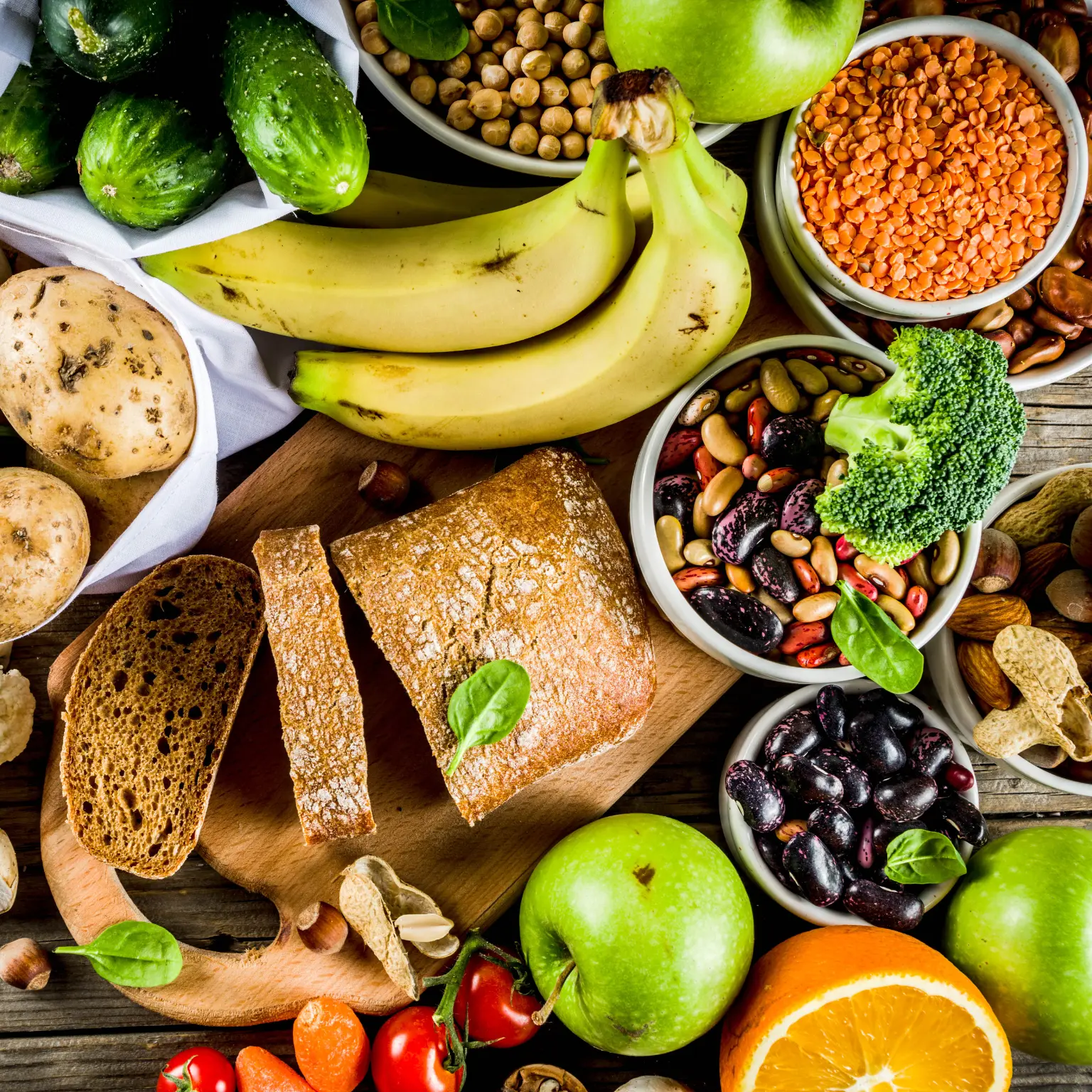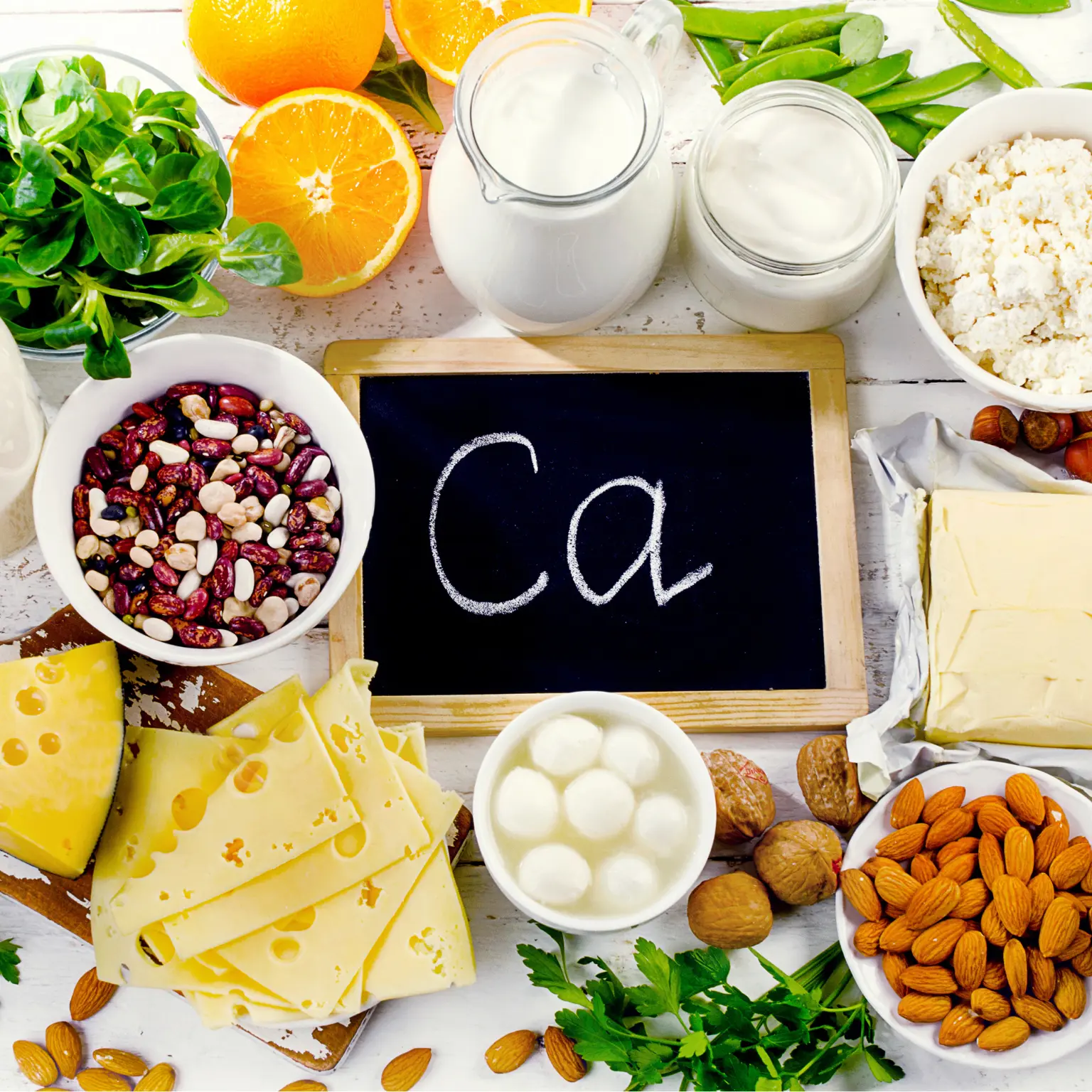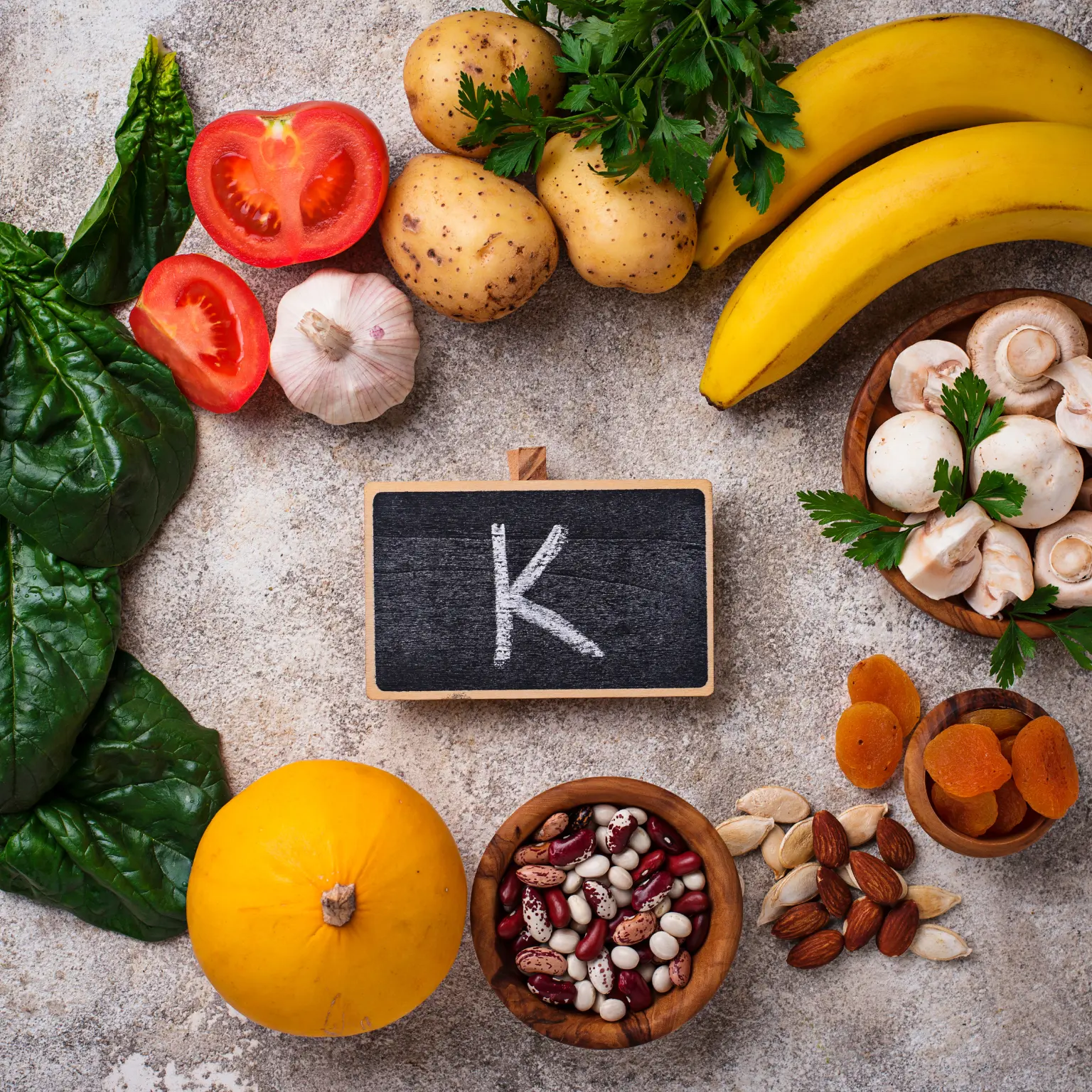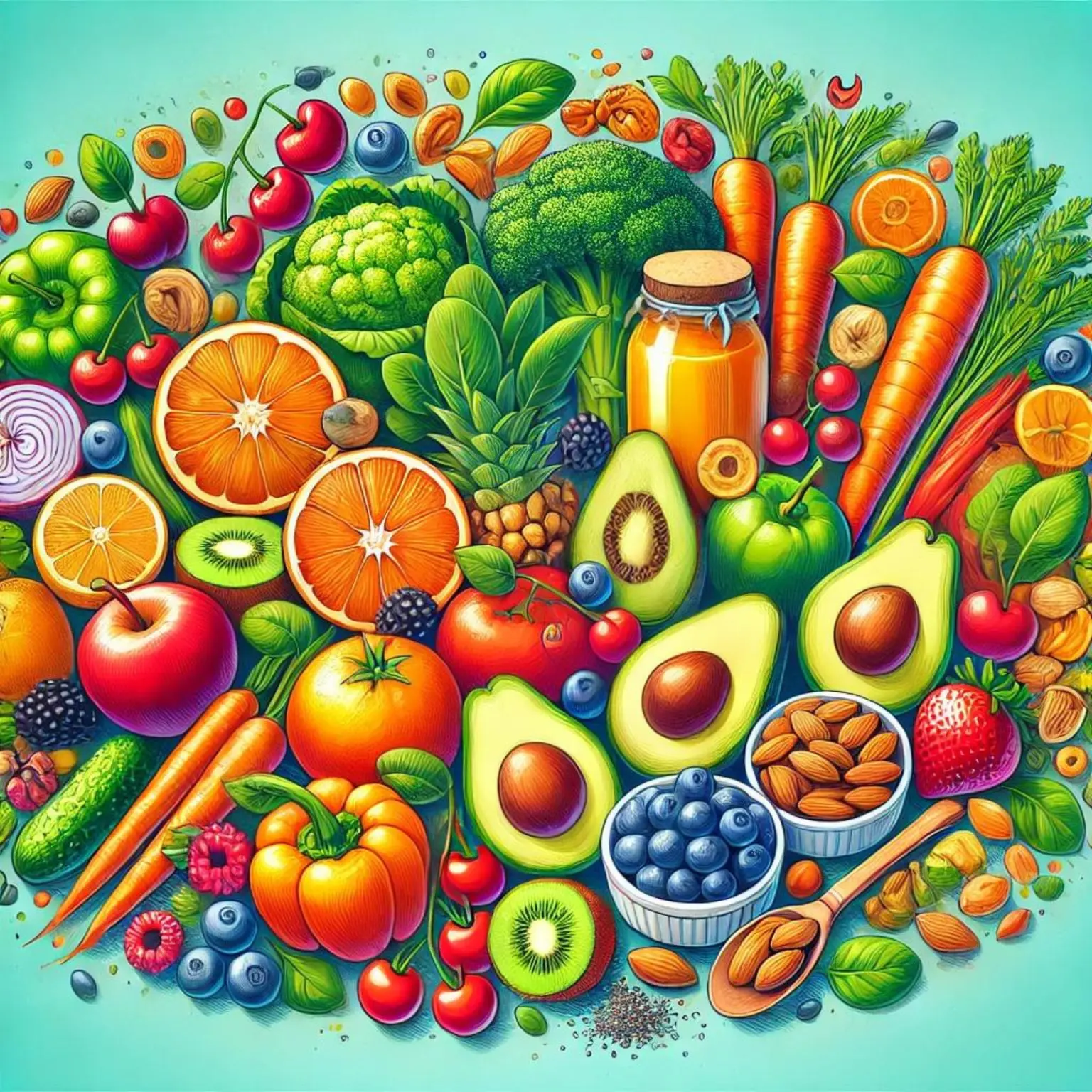10 Essential Magnesium-Rich Foods for Optimal Health
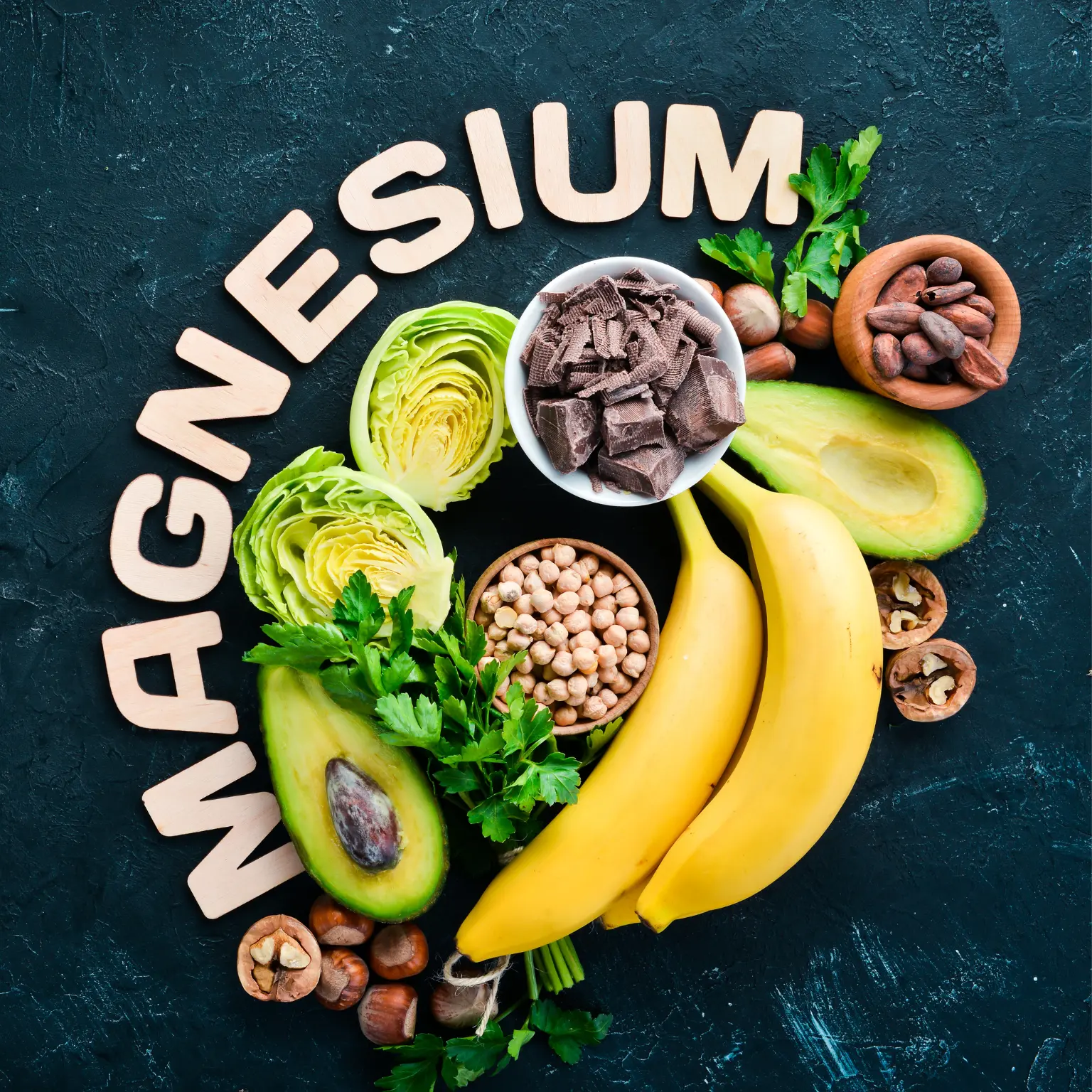
Welcome to Healthy Stride Wellness! We have brought you this amazing blog on 10 Essential Magnesium-Rich Foods for Optimal Health. Magnesium is an essential mineral that supports over 300 biochemical reactions in the body, making it critical for overall health.
Despite its importance, many people do not consume enough magnesium, which can lead to various health problems. This blog will explore ten magnesium-rich foods that can help you boost your intake, support your health, and ensure you’re meeting your body’s needs.
Table of Contents
Key Takeaways
- Magnesium-Rich Foods: Consuming magnesium-rich foods is crucial for maintaining optimal health and preventing deficiency.
- Recognizing Deficiency: Identifying the symptoms of magnesium deficiency early can help prevent long-term health issues.
- Wide-Ranging Benefits: Magnesium benefits multiple aspects of health, from improving sleep to supporting heart health.
Understanding Magnesium’s Role in the Body
Magnesium is a vital mineral that plays several roles in the body, including muscle and nerve function, blood sugar regulation, and blood pressure management. It also helps your body make protein, build bones, and create DNA. Despite its significance, magnesium often doesn’t receive the attention it deserves, and many people are unaware of the risks associated with magnesium deficiency.
What Are the Symptoms of Magnesium Deficiency?
Not getting enough magnesium is quite common. Symptoms can range from mild to severe and include muscle cramps, fatigue, irregular heartbeat, and even mental health issues like anxiety and depression. In severe cases, a deficiency can lead to more serious conditions, such as osteoporosis or cardiovascular disease. It’s super important to spot the signs early to keep yourself healthy.
1. Spinach: A Nutritional Powerhouse
Spinach is one of the best sources of magnesium-rich vegetables, providing 157 milligrams of magnesium per cooked cup. This leafy green is a versatile ingredient that can be easily added to a variety of dishes, making it an excellent choice for anyone looking to increase their magnesium intake.
Benefits: Spinach is not only rich in magnesium but also contains other essential nutrients like iron, calcium, and vitamin K. These nutrients contribute to bone health, blood clotting, and overall well-being.
2. Dark Chocolate: A Treat for Magnesium Lovers
Is dark chocolate high in magnesium? Absolutely! Dark chocolate is a delicious and nutritious way to increase your magnesium levels, with about 64 milligrams per ounce. When choosing dark chocolate, opt for varieties that contain at least 70% cocoa to maximize its health benefits.
Benefits: In addition to being rich in magnesium, dark chocolate is loaded with antioxidants that support heart health and reduce inflammation. It’s also known for improving mood and reducing stress, making it a guilt-free indulgence.
3. Almonds: The Nutty Solution for Magnesium Deficiency
Magnesium-rich nuts like almonds are not only delicious but also packed with nutrients. Just one ounce of almonds provides 76 milligrams of magnesium, making them an ideal snack for those looking to boost their magnesium intake.
Benefits: Almonds are packed with good fats, fiber, and protein, making them a fantastic choice for a healthy diet. They support heart health, and weight management, and help keep blood sugar levels stable. Incorporating almonds into your diet can also contribute to better magnesium absorption.
4. Avocados: Creamy and Magnesium-Rich
Avocados are often praised for their healthy fats, but they’re also a good source of magnesium, with one medium avocado containing around 58 milligrams. This versatile fruit can be added to salads, smoothies, or simply enjoyed on its own.
Benefits: The healthy fats in avocados help improve heart health, and their fiber content supports digestion. Additionally, avocados can enhance magnesium absorption from other foods, making them a valuable addition to any diet.
5. Black Beans: A Magnesium-Rich Legume
Magnesium-rich legumes like black beans are affordable, versatile, and nutritious. One cup of cooked black beans contains about 120 milligrams of magnesium, making them an excellent source of this essential mineral.
Benefits: Black beans are also high in protein and fiber, which are crucial for digestion and blood sugar regulation. Their rich nutrient profile supports heart health, muscle function, and energy production.
6. Pumpkin Seeds: Small Seeds with Big Benefits
Magnesium-rich seeds like pumpkin seeds are among the most magnesium-dense foods you can eat. Just one ounce of pumpkin seeds contains 150 milligrams of magnesium, which is nearly half of the RDI for adults.
Benefits: Pumpkin seeds are not only rich in magnesium but also provide healthy fats, antioxidants, and zinc. These nutrients support immune function, and heart health, and help reduce inflammation in the body.
7. Quinoa: The Magnesium-Rich Superfood
Magnesium-rich whole grains like quinoa are a fantastic way to increase your magnesium intake. One cup of cooked quinoa provides approximately 118 milligrams of magnesium, making it a great addition to your diet.
Benefits: Quinoa provides you with all nine essential amino acids, making it a complete protein source. It’s also gluten-free and high in fiber, which helps with digestion and maintains healthy blood sugar levels.
8. Bananas: The Popular Magnesium-Rich Snack
Bananas are a well-known source of potassium, but they also provide a decent amount of magnesium. A medium-sized banana contains about 32 milligrams of magnesium, making it a convenient snack for boosting your intake.
Benefits: Bananas are easy to digest and provide quick energy, making them an excellent pre-or post-workout snack. They also support heart health, help manage blood pressure, and improve digestion.
9. Salmon: Nutrient-Rich and Magnesium-Packed
Magnesium-rich foods like fatty fish are crucial for overall health, and salmon is no exception. A 3-ounce serving of salmon provides about 26 milligrams of magnesium, along with heart-healthy omega-3 fatty acids.
Benefits: Salmon supports heart health and brain function, and reduces inflammation in the body. It’s also an excellent source of protein and vitamin D, making it a well-rounded addition to a magnesium-rich diet.
10. Oats: The Breakfast Staple for Magnesium
Oats are a nutritious and filling breakfast option that can help you start your day with a magnesium boost. One cup of cooked oats provides about 63 milligrams of magnesium, making them a great way to meet your daily needs.
Benefits: Oats are high in fiber, which supports digestion and helps maintain steady blood sugar levels. They’re also known to improve heart health and provide long-lasting energy.
What Are the Best Foods to Increase Magnesium Levels?
In addition to the ten foods mentioned above, there are several other magnesium-rich foods you can incorporate into your diet. Leafy greens like kale, seeds like chia and flaxseeds, and legumes like lentils and chickpeas are all excellent sources of magnesium. By including a variety of these foods in your meals, you can easily meet your daily magnesium requirements and support your overall health.
How Much Magnesium Should I Take Daily?
The recommended daily intake of magnesium depends on age, gender, and life stage. For adult men, the RDI is approximately 400-420 milligrams, while for adult women, it’s around 310-320 milligrams. Pregnant women may need slightly more magnesium to support the additional demands of pregnancy. While it’s best to obtain magnesium from food sources, magnesium-rich supplements can be beneficial if dietary intake is insufficient. Before you start taking any supplements, it’s crucial to talk to a healthcare professional.
What Are the Benefits of Magnesium in the Body?
Magnesium offers numerous health benefits, many of which are essential for maintaining optimal health. Some of the key benefits include:
- Improved Sleep: Magnesium benefits for sleep are well-documented. This mineral helps regulate neurotransmitters that are involved in sleep patterns, making it easier to fall asleep and stay asleep.
- Muscle Function: Magnesium benefits for muscle cramps and recovery are particularly important for athletes and active individuals. Magnesium helps relax muscles and prevent cramps, making it essential for muscle health.
- Heart Health: Magnesium benefits for heart health include regulating blood pressure and reducing the risk of heart disease. It also helps maintain a steady heartbeat and supports overall cardiovascular function.
- Stress Relief: Magnesium’s benefits for stress relief are significant, as magnesium helps regulate the body’s response to stress by controlling the release of stress hormones like cortisol.
Magnesium Supplementation: Is It Necessary?
For those who find it challenging to meet their magnesium needs through diet alone, magnesium supplementation may be a viable option. You can find magnesium supplements in different types such as magnesium oxide, magnesium citrate, and magnesium chloride. Each type has different absorption rates and effects on the body, so it’s essential to choose the right one for your needs. It’s always best to consult with a healthcare provider to determine the appropriate dosage and type of magnesium supplement for your individual needs.
Magnesium-Rich Recipes and Meal Plans
Incorporating magnesium-rich foods into your daily meals doesn’t have to be complicated. Here are some easy ways to boost your magnesium intake:
| Breakfast | Start your day with a bowl of oatmeal topped with sliced bananas and a sprinkle of pumpkin seeds for a magnesium-rich breakfast. |
| Lunch | Enjoy a quinoa salad with black beans, avocado, and spinach for a nutrient-packed lunch. |
| Dinner | Try a salmon fillet served with a side of steamed spinach and a quinoa pilaf for a balanced and magnesium-rich dinner. |
| Snacks | Keep a stash of almonds and dark chocolate on hand for a healthy and satisfying magnesium-rich snack. |
In Conclusion
We hope you’ve enjoyed this amazing blog on 10 Essential Magnesium-Rich Foods for Optimal Health. Incorporating these foods into your diet can help you maintain optimal magnesium levels and support overall health. Remember, magnesium is vital for your body’s functions, from heart health to stress relief. By prioritizing magnesium-rich foods, you can take proactive steps toward better well-being.
Ready to boost your health with magnesium-rich foods? At Healthy Stride Wellness, we’re here to guide you on your journey to optimal well-being. Explore our other resources on nutrients and diet to keep your body nourished and balanced. Stay connected with us for more expert tips and valuable insights on living a healthier, happier life!
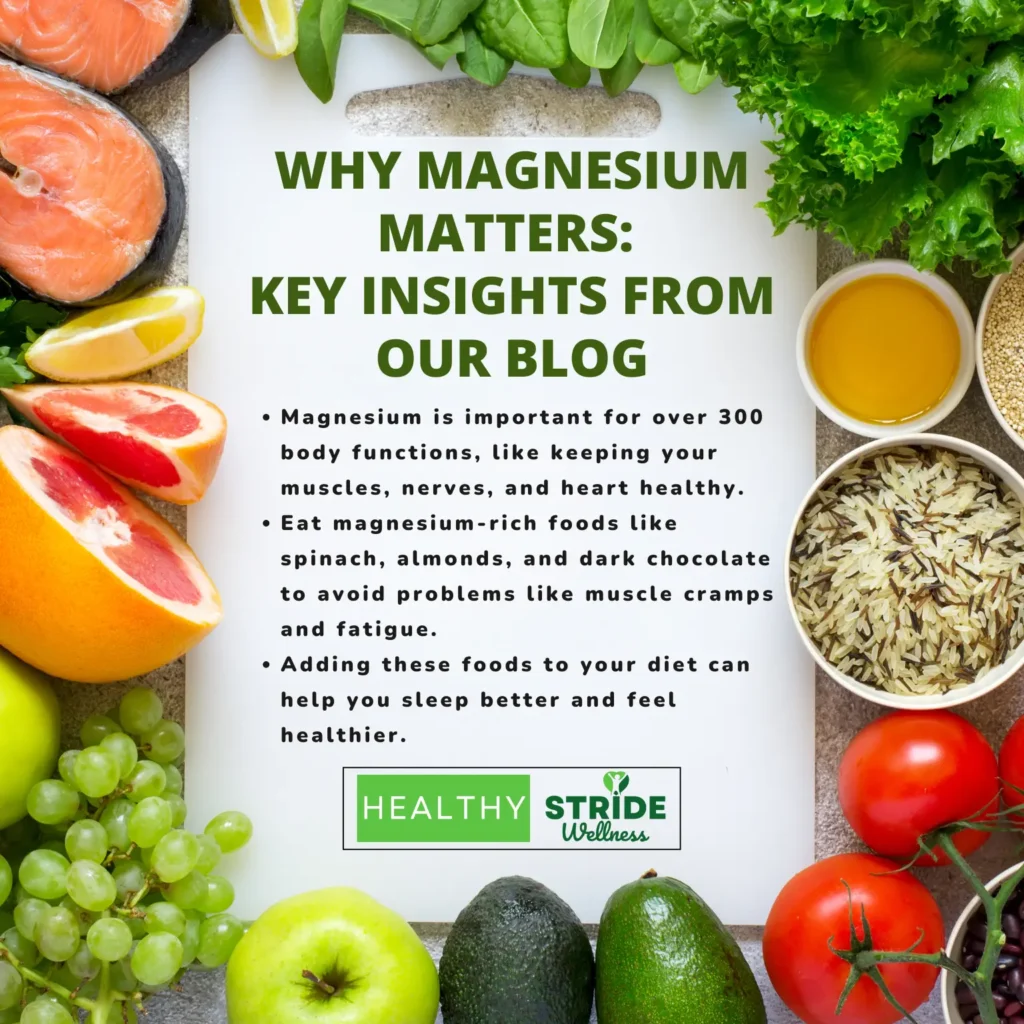
FAQs
What are the symptoms of magnesium deficiency?
Symptoms of magnesium deficiency can include muscle cramps, fatigue, irregular heartbeat, anxiety, and depression.
Is dark chocolate high in magnesium?
Yes, dark chocolate is high in magnesium, with about 64 milligrams per ounce. It’s also rich in antioxidants that support heart health.
How much magnesium should I take daily?
The recommended daily intake is 400-420 milligrams for men and 310-320 milligrams for women. Pregnant women may need slightly more.
Please Note: Healthy Stride Wellness provides educational content and is not a replacement for medical advice. Consult a healthcare provider for any health issues.
